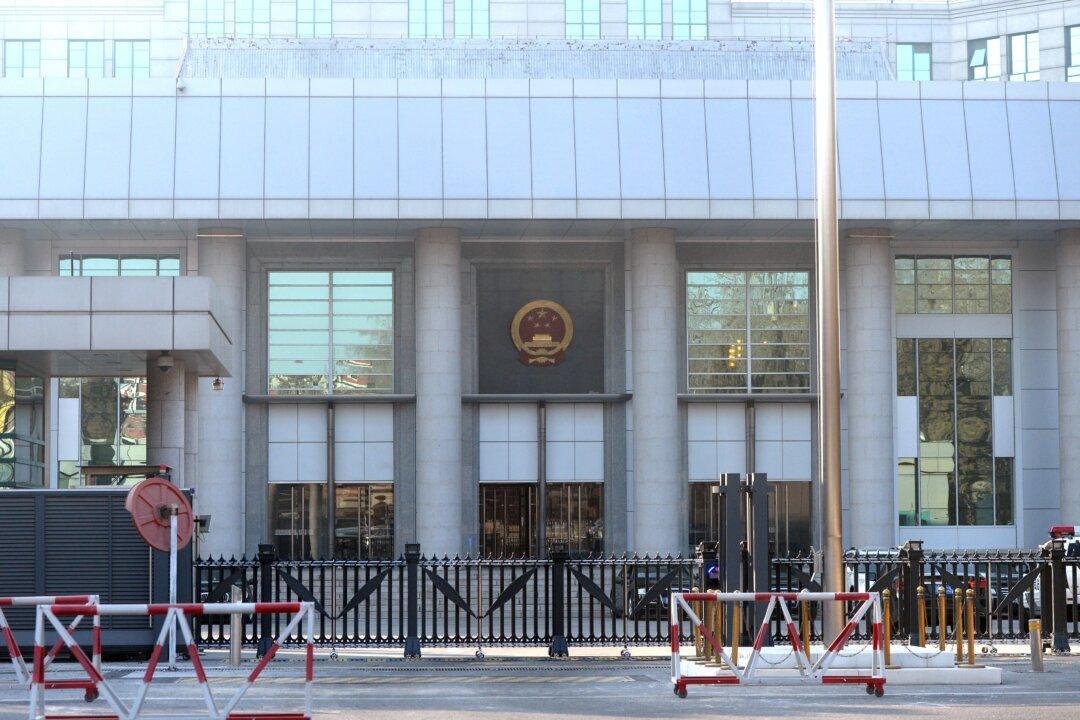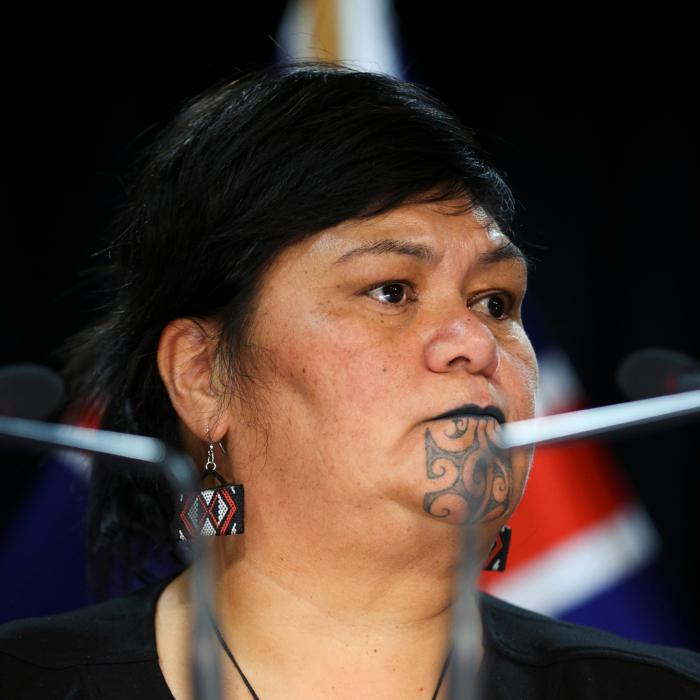After a 13-year battle to avoid extradition to Beijing to face a charge of murdering Peiyun Chen in Shanghai in 2009, New Zealand resident and South Korean citizen Kyung Yup Kim faces yet another legal hurdle.
This follows confirmation from Justice Minister Paul Goldsmith that he had signed a surrender order, which would allow Chinese authorities to fly to New Zealand and arrest him.
Beijing initially wrote to the New Zealand government seeking his extradition in 2011, which was initially approved by the national government. However, Mr. Kim’s lawyers challenged the order, citing concerns about the integrity of the Chinese judicial process and the fairness of its legal system.
In 2013, the district court in New Zealand court found there was, on the face of it, a case against Mr. Kim.
In a significant development in 2022, the NZ Supreme Court ruled that assurances from Beijing regarding Mr. Kim’s fair treatment and protection from torture could address concerns about the integrity of the Chinese judicial system, thus allowing his extradition.
Justice Minister Has Approved Extradition
Late last year, the Justice Minister told Mr. Kim’s lawyers that he would allow the NZ resident to stand trial in Beijing, and would order his surrender on or after January 31.At the time, Mr. Kim’s former lawyer Tony Ellis, who has since retired, said the legal teams were planning a new court challenge, based on worsening conditions within the Chinese system over recent years and concerns about his client’s health.
This has resulted in an application for a judicial review, stalling the extradition once more.
The case has attracted worldwide attention, given widespread concerns about the justice system in Beijing, and whether alleged criminals extradited there have their rights upheld, particularly as the Chinese courts have previously rejected the concept of judicial independence as a Western ideology that challenges the country’s Communist leadership.
A human rights organisation, Safeguard Defenders, reported in mid-2023 that Beijing’s conviction rate in 2022 had reached a record high of 99.975 percent.
Systemic Issues
“There are many wide-ranging systemic issues with the criminal justice system in China, the legal system more generally is founded on different values and a very different political system to New Zealand,” she said.“There are really problematic systemic concerns about the Chinese criminal justice system that means, generally speaking, we have not in the past been assured that such fairness will be assured in China.”
Ms. High said Mr. Kim’s case depends on whether or not New Zealand can rely on the promises made by Beijing.
“There are two issues: there’s what have they promised, so the quality of the assurances that they’ve offered, and there’s also the question of whether those assurances will be honoured. Those both need to be considered when we decide whether it’s safe to surrender Kim into the Chinese criminal justice system,” he said.
While confirming the signing of the surrender order, Mr. Goldsmith declined further comment.
“Mr. Kim has filed judicial review proceedings and so I cannot comment further while the matter is before the courts,” he said. Mr. Kim’s lawyer Ben Keith had a similar response.







